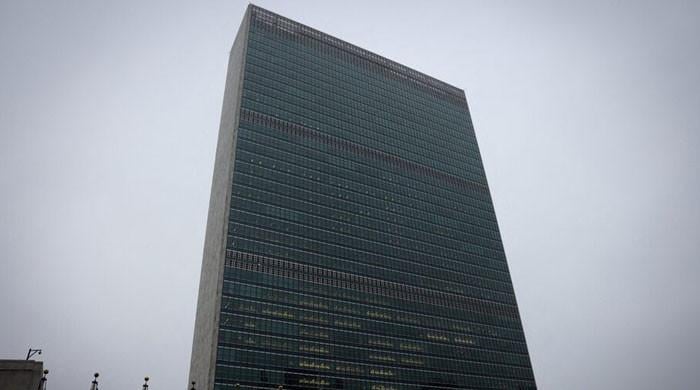Pakistan’s Diplomacy Thwarts India’s Objectives at UNSC
Pakistan’s proactive diplomatic efforts have undermined India’s objectives, evident in the United Nations Security Council (UNSC) statement regarding the Pahalgam incident. The statement refrained from employing strong language, unlike the rhetoric used during the 2019 Pulwama incident.
Following the attack on tourists in Indian Illegally Occupied Jammu and Kashmir (IIOJK), resulting in 26 casualties, the UNSC’s communication only referenced “all relevant authorities” instead of specifically mentioning India.
The United States proposed the statement within the Security Council; however, it did not secure approval.
Since the April 22 incident, the two nuclear-armed nations have experienced strained diplomatic relations. New Delhi even suspended the Indus Waters Treaty, prompting Islamabad to respond by closing its airspace to Indian airlines.
Prime Minister Shehbaz Sharif, while condemning the unfortunate attack, offered to engage in a neutral, transparent, and credible investigation into the matter.
Amid escalating tensions and Defence Minister Khawaja Asif’s warning of a potential “all-out war,” Iran has proposed mediating between Pakistan and India.
Pakistan achieved a significant diplomatic triumph by successfully preventing the inclusion of specific controversial terms in the UNSC statement. Furthermore, it ensured the incorporation of “Jammu and Kashmir” instead of just Pahalgam, countering New Delhi’s intention to portray the disputed territory as part of India.
Notably, India did not immediately issue a condemnation. The UN statement conveyed that the organization is observing the regional situation with considerable concern.
Moreover, a UN representative urged both Pakistan and India to exercise extreme caution to avert any further deterioration of the situation amidst heightened tensions.



Comments (0)
No comments yet. Be the first to comment!
Leave a Comment